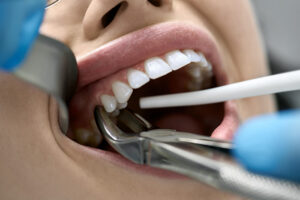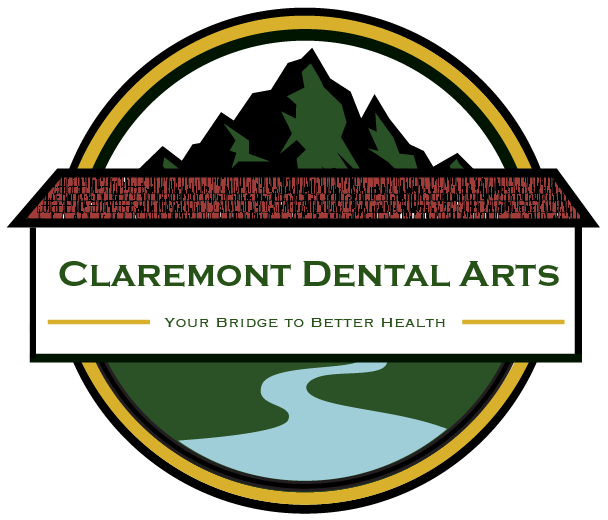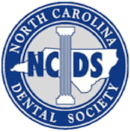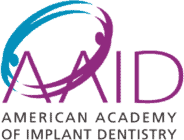
While a common dental procedure, tooth extraction can also be the source of many questions and concerns. Whether you’re about to undergo a tooth extraction or have just had one done, you’ll likely want to know what to expect during the recovery process, including knowing how quickly you might recover.
In most cases, tooth extraction is a routine dental procedure. While your dentist will explain what to expect both from the tooth extraction and during the recovery process, there are some general things to know about both that will help you prepare for the tooth extraction and recovery quickly afterward. Here we’ll take a look at how tooth extractions generally go and give you some tips for aftercare and quick recovery following your tooth extraction.
What is a Tooth Extraction?
Let’s take a moment and discuss briefly what a tooth extraction actually is. As the name suggests, tooth extraction is the removal of a natural tooth from the mouth. There are several reasons why this might be done, with a damaged or diseased tooth being the most common. Other reasons for a tooth extraction include severely misspaced or misshapen teeth, crowding of the teeth, or issues with the jaw or gums. As we said earlier, most tooth extraction are routine procedures that require only a single office visit. Your dentist will tell you what you can expect, as everyone’s tooth extraction is a little different and reflects their situation and needs.
Recovering from a Tooth Extraction
Most tooth extractions only require a short recovery period, and again your dentist will tell you what to expect if you have a tooth extraction. There are however some general tips for aftercare and recovery in the wake of a tooth extraction. Let’s take a look at a few of them:
- You may experience bleeding from the extraction site for up to 24 hours following the tooth extraction. Avoid doing anything to disturb or displace the blood clot at the extraction site, as this will slow or complicate the healing process.
- Try to rest for the first 24 hours following the extraction. This will help your body recover from the procedure and help you avoid disturbing the extraction site and its healing.
- Keep your head raised slightly while lying down–propping your head up on pillows is handy following a tooth extraction.
- Avoid hot liquids, alcohol, and smoking.
- Avoid sucking liquids through a straw or spitting, as both can dislodge the blood clot on the extraction site.
- Take pain relievers and use an ice pack as directed by your dentist to reduce pain and swelling. It can make a big difference in your comfort and let you rest easier.
- After a few days of healing, your dentist will likely instruct you to resume a regular brushing and flossing routine, and rinse the extraction site with saline solution or saltwater to help promote healing.
- If you experience any adverse symptoms, including excess pain or swelling that increases rather than decreases, foul smell/tasting discharge from the site, bleeding that doesn’t slow or stop after 24 hours, nausea, fever, vomiting, or pain that spreads to the face or ear, then contact your dentist immediately.
Tooth extractions may seem intimidating, but remember removing a tooth makes way for something better and helps you be as healthy and happy as possible. By following these tips and listening to the guidance from your dentist, you can help ensure that your recovery from a tooth extraction is as quick and comfortable as it can be.




